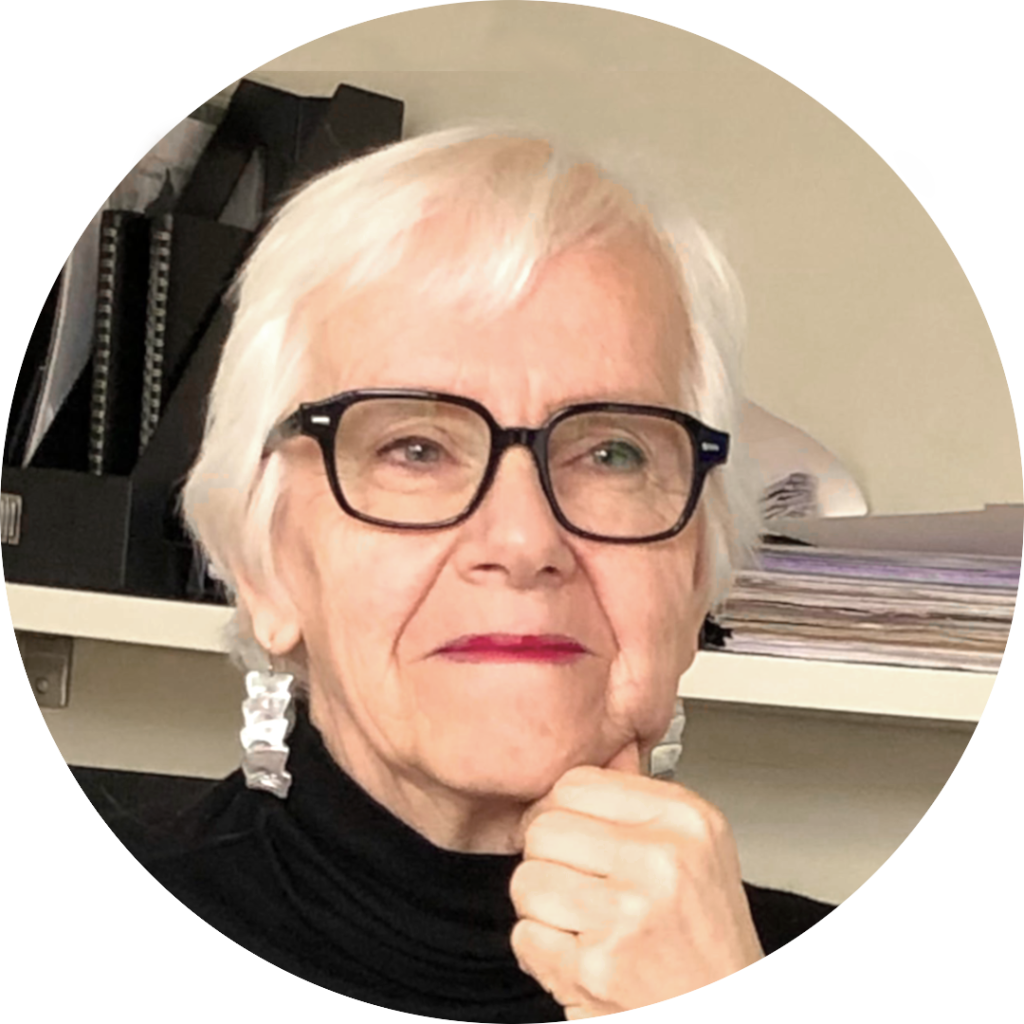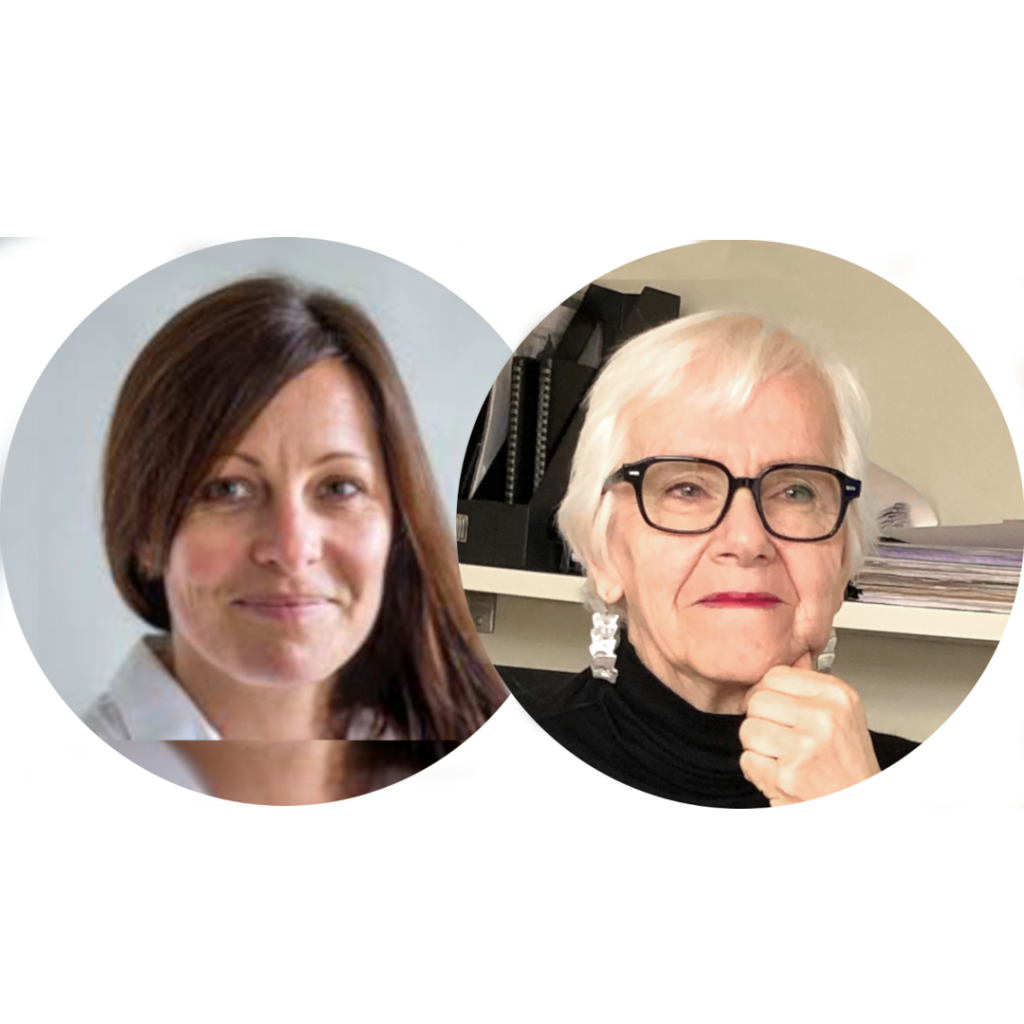Organising Protest:
Where is our Systems Psychodynamic thinking on
SOCIAL MOVEMENTS?
🔖 PRESENTATION
Paper (parallel)
📆 DATE
Friday 9 Sep 2022
⏰ MELBOURNE TIME
9.00 - 11.00 am
⏰ LOCAL START TIME
time start

Ms Anna Turley
Consultant, Bureau Kensington Consulting, South Africa
Anna is a feminist and consultant committed to supporting collective organising to bring about change. She works with and for human rights and justice organisations, and the movements of which they are a part, to strengthen their reach, impact and influence through governance support, leadership coaching, strategy development and organisational change. Anna is particularly interested in supporting shared leadership and networked ways of working. She has an MSc in Development Studies and is based in South Africa.
⏰ DURATION
120 minutes

Dr Barbara Williams
Director, Bureau Kensington Consulting, Canada
Barbara Williams EdD, is the Director of Bureau Kensington Consulting in Toronto, a psychoanalytically oriented organizational consulting practice focusing on leadership development, shared leadership and governance with international social justice and women’s rights organizations, movement-building organizations, and movements, their leaders and boards. She is a Guest of the Toronto Psychoanalytic Society and an Advisory Editor for the Journal of Organizational and Social Dynamics. She is the founder of Insight for Community Impact (ICI), a group relations (GR) learning community in Toronto, co-developing GR for supporting social justice leaders and activists, their communities and organizations.
Building Social Justice Movements: What’s organizational role got to do with it?
Social movements and protest as a strategy of such movements, have made major contributions to advancing progressive modes of thought, and have transformed social policy and action toward more ‘just’ societies around the globe for centuries. They have often been justifiably provoked by egregious violence – often by the Global North and forms of white patriarchal supremacy. And at the same time, they have also been initiated to guard and enforce so-called ‘traditions’ of inequality, supremacy and injustice.
The international organizations with whom we work, viewed from the perspective of new social movement theory, are social movement organizations and part of postmaterialist social movements characterized by flexibility and diversity, and preferring to adopt non-hierarchical modes of organization (Melucci, 1989 in Little, 2016). They understand themselves – as do we – to be doing sustained social movement-building, and are oriented specifically toward social and climate justice, feminism, and equity.
More specifically, many of our clients are funds or funding networks, mobilizing and redistributing philanthropic resources to sustain grassroots organizing as part of larger social movements. They all employ evaluation tools to assess their impacts and reflect on their learnings. And yet, the resistances and collective unconscious defenses they employ frequently prevent reflection about their own uses of power and authority, confound role clarity, and thwart useful attention to boundaries.
Our intention in this presentation is to explore our work with one of these international funder networks (Alliance) with whom we have consulted for several years. Membership of the Alliance is based on a shared belief that philanthropy has a crucial role to play in the systemic change that is needed to bring about justice, equity and the wellbeing of the planet. One of the stated priorities of the Alliance is to build solidarity, accompany and learn from social movement activists. This identification with social movements is at the heart of how the Alliance understands itself in relation to and as different from other philanthropic actors. It forms the foundation for the Alliance’s (desired) legitimacy as a radical actor in a sector that has been described as a ‘manifestation of plutocracy’ (Haslanger, 2020).
Our work with the Alliance has been to accompany their learning processes and provide subject matter expertise to support networked governance processes, leadership development and member-engagement as they build the network. They are aware that our work rests on both subject matter expertise and a psychodynamic orientation – though in practice this is mostly demonstrated as a ‘double task’ (Gold & Klein, 2005; Raffaelli, 2008) in coaching the executive director. We have made use of psychodynamics thinking to inform our consulting efforts to understand how defenses are mobilized collectively to manage anxiety.
We explore several hypotheses about our work with them, explore the meanings that Board, staff and members seem to attach to involvement in social movements, and consider how these affect work roles:
That the fantasy of ‘social justice’ in the board collective unconscious prevents them from tackling the hard questions about what they can actually achieve as an organization, a network and as part of larger social movements; what it means in practice to be ‘in solidarity’ with social movement activists; and what conflicts have to be faced.
That ‘resistance’ can reproduce that which is being opposed and requires very careful reflection (Foucault, 1982)
That in their alliances to progressive aspirations and actors and so as not to be seen as ‘bureaucratic’ nor reinforce ‘establishment’ normativities of neoliberalism and the pervasive influence of Global North paradigms of organizational structures (with by-laws, policies, and role descriptions), they make use of splitting, demonizations and denial to inhibit their capacity to take up effective organizational functions, roles and accountability.
References
Foucault, M. (1982). ‘The Subject and Power’. Critical Inquiry, 8 (4).
Gold, S. & Klein, L. (2005). ‘Harold Bridger, T.D., D.Litt., B.Sc. 1909-2005.’ Organizational and Social Dynamics, 5(2), 161-162.
Haslanger, S. (2020). ‘The Problem with Philanthropy’. The New Statesman’, 16 October.
Little, W. (2016). Introduction to Sociology, 2nd Canadian Edition, BC Open Textbook Collection: British Columbia, Canada.
Raffaelli, D. (2008). ‘Working the other way’ in Graves, D. (Ed.) Sense in Social Science: A collection of essays in honour of Dr. Lisl Klein, Broughton, 109 – 122.
Day(s)
:
Hour(s)
:
Minute(s)
:
Second(s)
Session schedule
5 MINS
Introduction
30 MINS
Paper presentation
20 MINS
Small group discussion; impressions of the paper and developing questions for the presenter
20 MINS
Discussion forum with the presenter; moderated for the speaker to elaborate their ideas
10 MINS
Discussion forum with the presenter; themes from the discussions
5 MINS
Break
30 MINS
Whole symposium open reflection discussion
Share this presentation!
Parallel Paper Presentations
The following are presenting at this time

KAREN LOON
Anxious Nation – How historical anxieties shape Asian-Australians today

HARLEY MCDONALD-ECKERSALL
Redefining Uncertainty - what the cultural and creative movements can teach us about social movement organising

